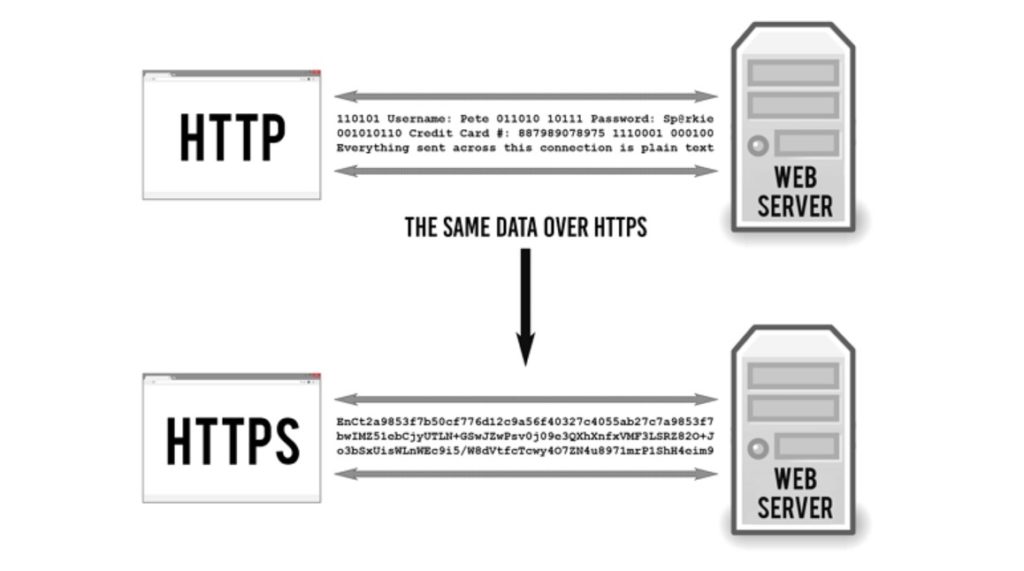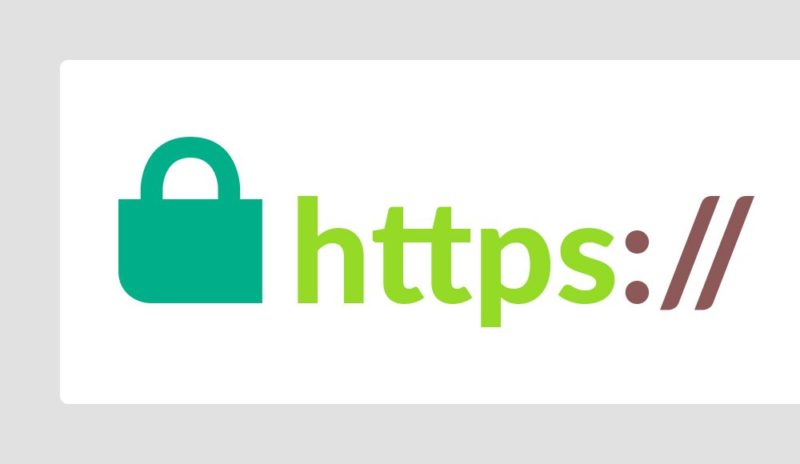HTTPs VS VPN – which one should I use for ultimate online security?
If you care about your online safety, then this is an overarching question that is running through your mind at the moment. Thankfully, you have come to the right place. In this article, we showcase what HTTPs and VPN are, what sets them apart, and why they could all help you in protecting your data from cybercriminals.
Understanding HTTPs
Known as Hypertext Transfer Protocol Secure in full, HTTPs provides safe authentication for a site and its server to prevent third-party attacks.
HTTPs depends on asymmetric encryption, which uses private and public cryptographic keys to protect data shared between your device and the site you access. A surprising amount of websites have been created to look like legitimate startup companies. If you want to go to the most trending bitcoin investing platform, for example, certain seemingly respectable sites can redirect you to a fake URL. Think twice if there isn't a small lock icon near the URL bar signifying security and the site address doesn't begin with "https." Even cryptocurrencies use cryptography to keep transactions anonymous and secure. Due to the high security and fast transaction across borders, people are becoming more interested in buying cryptocurrencies like Bitcoin. But it is difficult to choose the right time to own Bitcoin. So, if you are a beginner, learn how and when to own bitcoin from the køb bitcoins guide and focus on long-term investment.
What makes HTTPs useful and a must-have for everyone navigating the web is that it protects the data received by the device, and the webserver cannot be altered.

How to know that a website uses HTTPs
One way to ensure that your data is safe on the web is to determine whether the sites you are visiting use HTTPs.
A simple way to find out is to look at the site’s URL and determine whether it starts with http:// or https://.
If you don’t find this, don’t dismiss the site as insecure. Check if it has a green padlock symbol on the left side of the URL.
When you click on the padlock symbol, you will get more information about the site’s HTTPS certification.
All websites, including blogs, need to use HTTPS. Even though this is not a legal requirement, popular search engines such as Google and browsers like Mozilla give preference on sites that use HTTPS over those that don’t.
Understanding VPN
A virtual private network (VPN) is a security system whose main purpose is to protect your data and identity when navigating the web. Even VPN can help protect crypto activities conducted via trading bots like bitcoin billionaire. Although the bitcoin billionaire trading platform is secure enough to carry out trading automatically, using VPN can act as an extra layer of security.
Additionally, a good VPN should help you bypass firewall restrictions, and access geographically blocked content.
A VPN simply works by creating an encrypted channel between your device and the VPN server, so that a third-party cannot monitor or access your web traffic.

With a robust VPN, even your internet service provider cannot monitor what you do online, and this is one of the things that gives it an edge over HTTPs.
A VPN hides your IP address, which makes it possible for you to browse anonymously. Since no one can tell your real IP address, a virtual private network makes it hard for hackers, snoopers, phishers, government surveillance agencies, and other web users to access your data.
What is the difference between HTTPs and VPN?
The main differences between HTTPs and VPN include;
- HTTPs is handled by the website owner, while a user has all the control over a VPN.
- A VPN secures data transfer between a device and the internet, while HTTPs secures data between a device and the particular site accessed.
- With a VPN, you can bypass firewalls, and other restrictions and access blocked content. Also, you can use it to hide your location and browse anonymously. This is not possible with HTTPs.
So, which one is better?
VPN is basically a third-party tool that you can install as a browser extension to secure your internet privacy, while HTTPs is a secure communication protocol that secures your data in the websites you visit.
With this in mind, we can confidently state that HTTPs and VPN are two different things which are made to accomplish different purposes. Therefore, therefore, choosing one over the other is unnecessary.
The two technologies use different ways to secure your online experiences. To stay safe and ensure your data is not accessed by unauthorized personnel, make sure you adopt both of them.
Theoretically, you can use a good VPN and visit any website, including those that don’t use HTTPs. However, you need to remember that your data is online gold. Therefore, cybercriminals will use advanced methods to bypass your security system and access all the information they need to fulfill their goals.
Therefore, it’s prudent to use HTTPS for VPN and stick to HTTPs websites. This will add an extra layer of security and minimize the chances of losing your precious personal or business data.
Final thoughts
As mentioned earlier, bit HTTPs and VPN provide online security in their own unique ways. The primary difference is that you have control over your virtual private network, while the website owner has control over HTTPs. Also, you can hide your IP address and access geo-restricted content using a VPN, while you cannot do so using HTTPS.
Well, at the end of the day, it’s not about what you should use between HTTPs and VPN. It’s about using these technologies together in a bid to create a strong security system that is hard to crack. Ensure you invest in the best VPN, which has a dependable browser extension, only visit sites that use HTTPs, and you can surf the web with confidence knowing that your data is safe.

